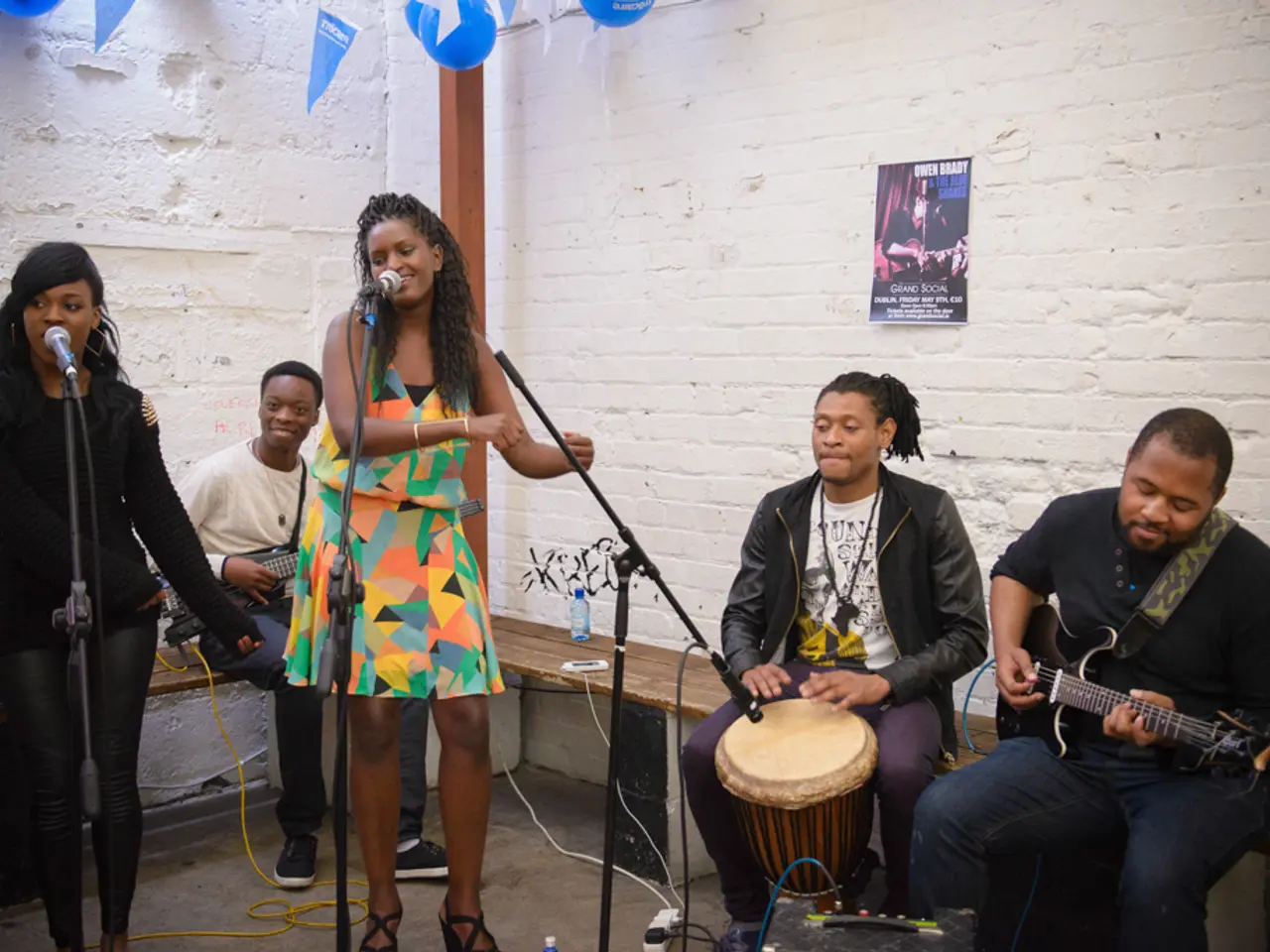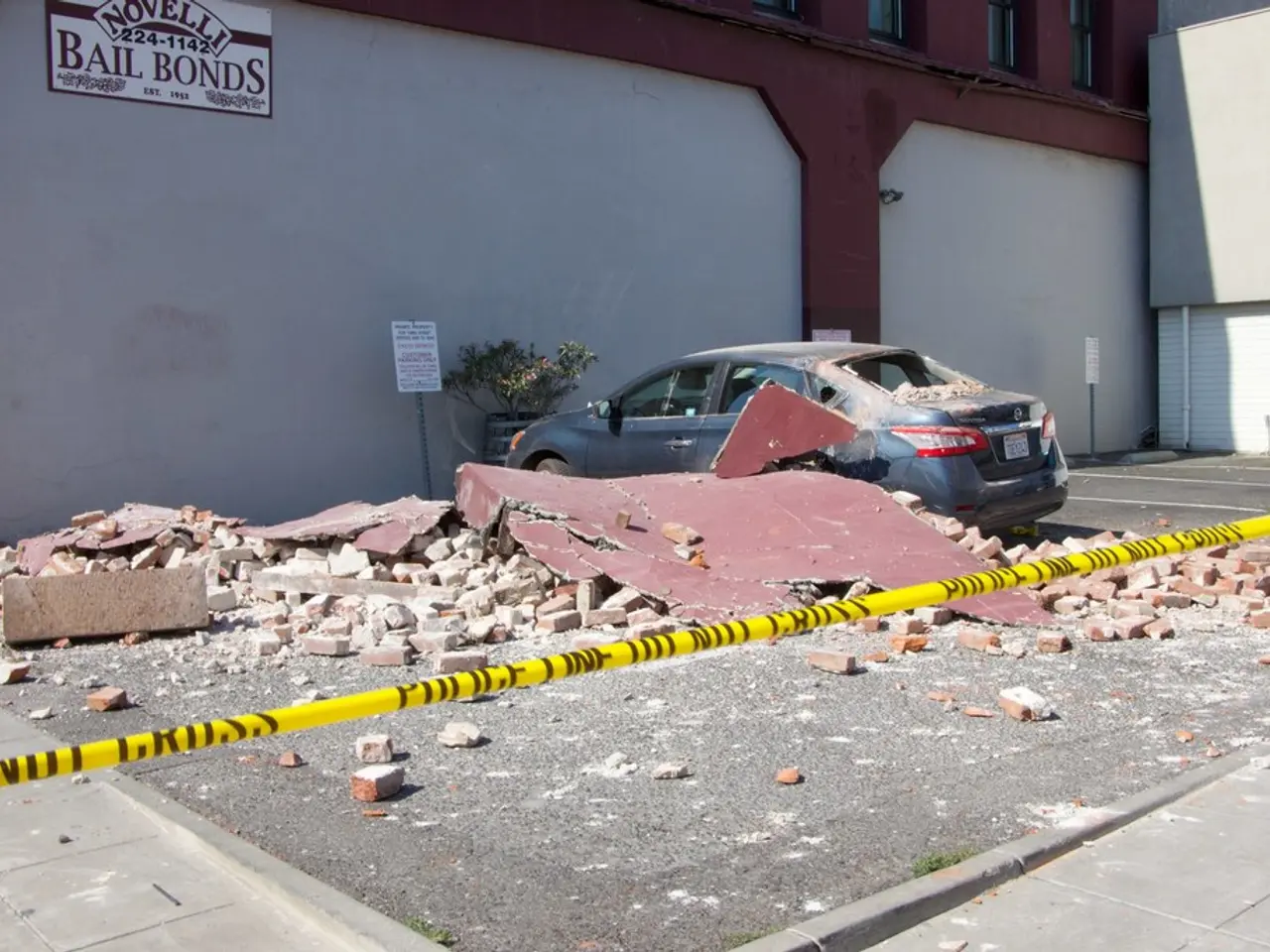Four Countries Targeted: EU Commission Intensifies Import Rules for Specific Nations
EU Commission Introduces Tightened Import Regulations on Specific Nations
Facebook Twitter Whatsapp E-Mail Print Copy Link
"Brussels buzzes" with the news that countries like Brazil and Indonesia may evade stricter import rules due to an EU law against forest destruction. Sources close to AFP, including diplomatic and parliamentary circles, report that the EU Commission initially plans to designate four countries as "high-risk" for deforestation. These nations - Russia, Belarus, North Korea, and Myanmar - will face stringent import rules.
This EU regulation targets deforestation-free supply chains, effectively banning the sale of certain products whose production areas were deforested after 2020. Commodities like coffee, palm oil, soy, cocoa, rubber, and beef are included in the ban. Companies will need to demonstrate compliance through satellite-based location data. Higher deforestation risks in a country demand tighter data and control measures, categorized as low, standard, or high risk [1].
With these specifications in mind, Tuesday's reports predict that all EU countries and trading partners such as the USA and China will fall under the low-risk category. Countries subject to trade sanctions, such as Russia, Belarus, North Korea, and Myanmar, would fall under the high-risk category due to their deforestation records and existing trade restrictions. Controversy erupted last year surrounding delays in risk classification, an IT system for businesses, and other documentation, leading lawmakers to postpone the sales ban deadline from the end of 2024 to December 31, 2025 [2].
On Monday, EU countries voted discreetly in support of the Commission's country categorization. Official publication of the list is scheduled for mid-June [1].
Insights:
- While no official list of low-risk countries has been provided, assumptions based on existing literature and regulatory updates indicate that several countries in North America and Western Europe, such as Canada, the United States, Norway, Switzerland, and EU member states themselves, are likely candidates for the low-risk category due to their low deforestation rates and strong forest management regulations [3].
- Australia is also considered a possible low-risk country, although this designation has not yet been confirmed by the EU [3].
[1] ntv.de[2] AFP[3] Various sectoral analyses[4] Pending official publication by the end of June 2025
- The Commission's new community policy, aimed at combating climate-change through environmental-science, is set to categorize countries based on their deforestation records and forest management, with Russia, Belarus, North Korea, and Myanmar falling under the high-risk category due to their deforestation records and existing trade restrictions.
- In the context of policy-and-legislation focused on vocational training, this EU regulation will require companies to demonstrate compliance with deforestation-free supply chains, employing satellite-based location data, for commodities such as coffee, palm oil, soy, cocoa, rubber, and beef.
- In light of the ongoing deliberations in the sphere of general-news, it is anticipated that countries like Canada, the United States, Norway, Switzerland, EU member states, and potentially Australia, may be classified as low-risk in the forthcoming official publication due to their low deforestation rates and strong forest management regulations.








